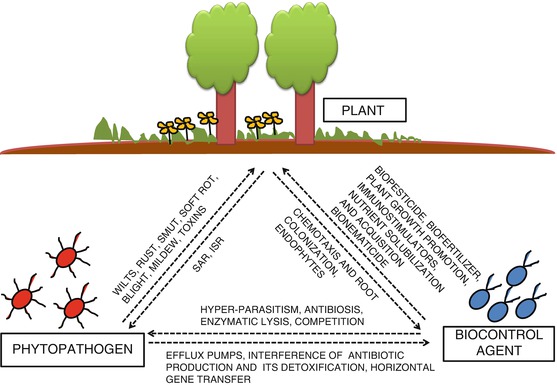

Moreover, it is also used commercially to produce various food products, such as ketchup, soup, paste and powder (Paul and Kehinde 2012 Manivannan and Tholkappian 2013). It exerts several beneficial effects on health as it is rich in vitamin A, B and C, minerals, organic acids and a considerable amount of total sugar (Salim et al. Hence, it is a versatile vegetable in the Indian culinary tradition. It is a short duration crop and re-enumerative vegetable, appreciated with high nutritive esteem and antioxidant curative and therapeutic properties (Nour et al. Tomato ( Solanum lycopersicum), a dicotyledonous plant belonging to Solanaceae family, is considered as the ancestor of cultivated tomatoes. Likewise, this review also deals with the opportunities and obstacles faced during commercialization of these antagonistic bacteria as biocontrol agents in the market. It is also suggested that the use of bacterial consortium ensures consistent performance by BCA in field conditions. Hence, the article provides a detailed account on different biocontrol mechanisms displayed by BCA. The inherent traits of PGPR to antagonize a pathogen through various mechanisms has been investigated extensively to utilize them as potent biocontrol agents (BCA). Biological control has been considered to be an eco-friendly, safe and effective method for disease management. In this context, the present review article addresses the usage of rhizospheric antagonistic bacteria as a suitable alternative to control tomato fungal diseases namely Fusarium wilt and early blight disease. As the environmental and health concerns alert the necessity to move towards a sustainable agriculture system, biological approach using indigenous plant growth-promoting rhizobacteria (PGPR) gains a strong impetus in the field of plant disease control.


 0 kommentar(er)
0 kommentar(er)
